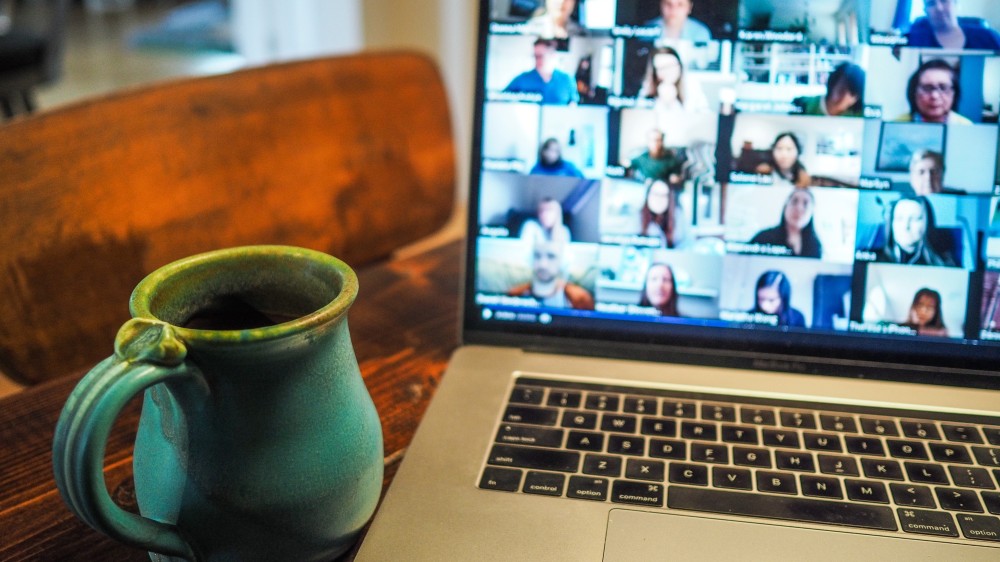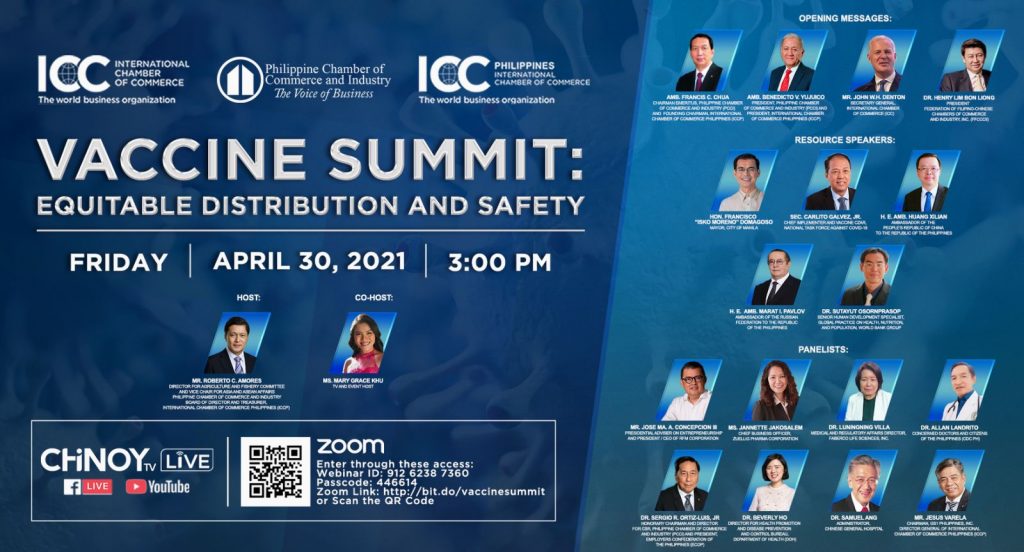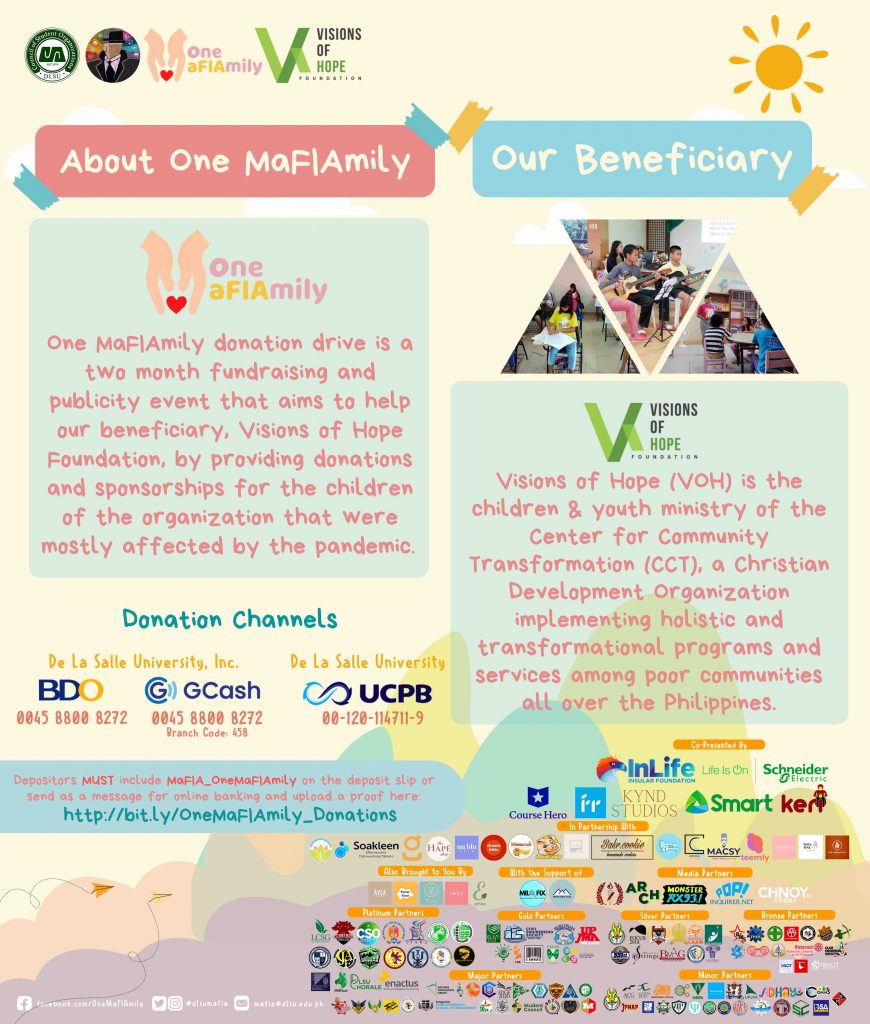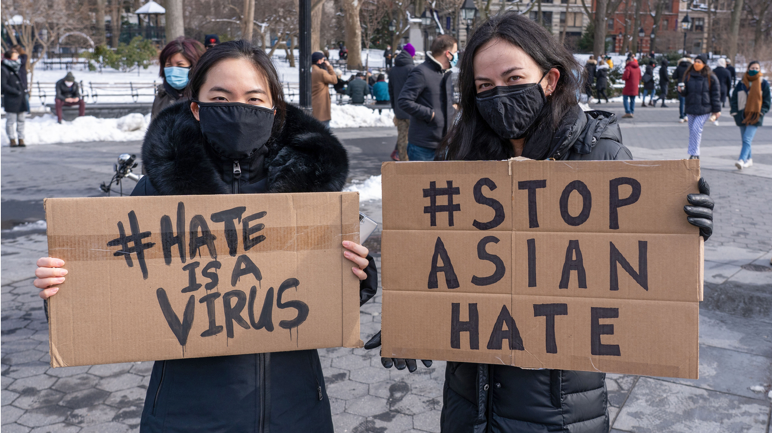The Full Transcript Of The Q&A Portion From Skylaw Offices’ Webinar, “The Employer’s Guide To Labor Issues During And After The Quarantine”

The COVID-19 Pandemic has truly changed the world and has now given us a new normal to adapt to. Everything has started to go online such as shops, classes, and even seminars. A Webinar is actually a combination of “Web” and “Seminar” in which it is an engaging online event where a speaker, or small group of speakers, deliver a presentation to a large audience who participate by submitting questions, responding to polls and using other available interactive tools online. Last May 1, 2020, SKYLaw Offices held a Webinar titled “The Employer’s Guide to Labor Issues During and After the Quarantine.”, to which they have tackled various labor issues that are currently happening and will happen once the quarantine is over and we’re all set to face the new normal.
SKYLaw Offices have answered the people’s questions and concerns and hopes to give light on the matter. Here is the full transcript of the Q&A portion for those who missed the webinar:
Can a company request its employees who will report to work a checklist on their health?
Yes. In fact, DTI and DOLE’s Interim Guidelines on Workplace Prevention and Control of COVID-19 require employers and workers to accomplish a daily health symptoms questionnaire before entering the workplace (at IV.B.1.a.ii).
Instead of terminating an employee, can an employer place an employee under floating status (Article 301 of the Labor Code)?
Yes. Under the law, a bona fide suspension of business operation not exceeding six months will not terminate employment. As an alternative option, you may take a look at Labor Advisory 09-20 which recognizes Forced Leaves as a mode of Flexible Work Arrangement. As per Labor Advisory 09-20, Forced Leaves are also a form of Flexible Work Arrangement that may be used by the employer. DOLE, however, has not yet clarified the extent and limit of Forced Leaves.
If a company is only partially operating (some employees are on forced leave, some not) is it exempted from paying holiday pay?
No. Labor Advisory 13-A only exempts establishments that are totally closed or have ceased operation during the quarantine period.
We are a learning center inside a mall, what can we do? Is online learning possible? Unfortunately, we’re not the best people to answer this question. You need to discuss this with your business partners and see what alternative ways of doing business you can adopt.
Can I reduce my company’s workdays to three in a week?
Labor Advisory No. 09, Series of 2020 allows the adoption of flexible work arrangements as alternatives to outright termination of services. One of these flexible work arrangements is the reduction of workdays. But please remember that such flexible work arrangements must be temporary. When you do adopt them, you will need to notify DOLE.
If I have an underlying disease, which makes me high risk, can I demand to work from home
during the GCQ?
You need to discuss this with your employer. According to DTI and DOLE’s Interim Guidelines on Workplace Prevention and Control of COVID-19, employers are “highly encouraged to allow” at risk or vulnerable employees “to do work from home arrangement. Work Agreements should be developed to detail the deliverables from those employees and there shall be no diminution in wages or benefits.”
“highly encouraged to allow at risk or vulnerable employees to do work from home arrangements.”
We sent the prorated 13th month pay and cash loan to our employees thru cash remittance centers. Will DOLE acknowledge this even if our employees did not sign any document stating that they received the money?
This shouldn’t be a problem. Please keep any receipt, message, or document from the remittance centers, so you have evidence that you gave your employees their prorated 13th month pay and loan.
Do we need to apply for any special permit from government agencies if we want to open during ECQ? What do we need to show at checkpoints?
Our understanding is that businesses that are allowed to open do not require further permits. But do inquire from your local government units to determine if your business is allowed to open and if there are any special documents you need. As for checkpoints, please obtain a rapidpass ID from IATF. Make sure also that your employees have IDs or employment certificates showing where they work and reside.
Can the company discriminate on pay? For example, those who work in the office will get 100% of their salaries and those who work from home will only get 75%.
This is not allowed.
If we decide not to open during GCQ, do we have to pay employees during closure?
No. The no-work, no-pay rule applies here.
I manage a physical therapy clinic and our patients are generally high risk. My concern is if we decide to stay closed during the GCQ, our employees might complain that we’re staying closed because I couldn’t pay them, which is true.
This is a business decision you have to make. Do you lack funds because you don’t expect customers to come in or because the business is no longer viable?
Can we ask our employees to sign a receipt saying that the financial assistance we gave them is a “one-time special” financial assistance?
Yes. This is recommended.
For employees whose work can be done remotely, can they decide to do it at home or is the decision to render work from home lies with the employer?
The decision lies with the employer.
What if the employee resigns, do we still have to file the 30-day notice to DOLE?
No. But please don’t forget that there are reportorial requirements for SSS, Pag-Ibig, and Philhealth.
What if the employee is under NWNP (no work, no pay), do we need to pay his/her salary during the 30-day notice for retrenchment, including separation pay?
This is a grey area. Normally the answer is yes. However, because an epidemic exists, management has the prerogative to remain closed so long as the risk exists. Hence, if you remain closed, it is arguable that the 30 day-notice period need not be paid. However, as mentioned, this is a gray area of law at this time.
Is Ramadan a holiday?
It is not a regular holiday. It’s Eid al-Fitr, the end of Ramadan, which is a regular Holiday.
Is there a reporting requirement for temporary lay-off?
Yes. The form’s available on the DOLE website.
Are probationary employees entitled to separation pay?
Yes.
During temporary lay-off, can an employee work elsewhere?
Yes.
Is the six-month temporary lay-off included in the computation of the separation pay?
Yes. Employment is not deemed terminated during this period.
Who is responsible for the retrenchment of employees under an agency?
The agency. Assuming the agency is legitimate, its people are its workers.
Can the company have one group of employees under flexible work arrangement and another on temporary lay-off/floating status?
Yes.
What is the proper channel to consult employees about the flexible work arrangements? Are chat rooms allowed? Should we document the consultation?
There’s no specific channel. Since physical distancing is required, online meetings will do. We recommend that the consultation be documented. You can have someone write down the minutes of the virtual conference.
What is the best treatment for paying retainers fees for professionals?
Please discuss this with the professionals you engaged.
What if the employee contracts the disease from public transport or from other people? How will we establish that the employee didn’t get it from work? Will the employer be liable?
It will be hard to establish where the employee got the infection. We believe that as long as the employer strictly follows the government guidelines on workplace prevention and control of COVID-19, the employer can avoid a charge of negligence.
“As long as the employer strictly follows the government guidelines on workplace prevention and control of COVID-19, the employer can avoid a charge of negligence.”
Should employers provide face masks to their employees?
According to the DTI and DOLE Interim Guidelines on Workplace Prevention and Control of COVID-19, employers “shall provide the appropriate face masks for Workers.”
Are employers required to pay for the PPEs?
Yes, if it is necessary to protect them in their workplace. One of the duties of an employer under DTI and DOLE’s Interim Guidelines on Workplace Prevention and Control of COVID-19 is to provide “resources and materials needed to keep the workers healthy and the workplace safe, e.g. masks, soap, sanitizer, disinfectant, PPEs …”. However, note that not every industry will require PPE’s. It will be evaluated on a per industry basis.
Can COVID-19 testing be required? Who will pay for the testing?
According to DTI and DOLE’s Interim Guidelines on Workplace Prevention and Control of COVID-19, employers may test workers for COVID-19. Testing kits will be the responsibility of the employer. Hence, this is purely optional on the part of the Employer.
Can the employer renegotiate its contract with an employee to lower salary and temporarily suspend some benefits?
Yes.
What if an employee is put on quarantine, should we pay them their salaries?
Depends. Are they under no work, no pay. Do they still have leave credits that they can use. Please note that in one interview, the DOLE secretary says that use of leave credits depends on the employees. The employee may also ask for assistance from the Employee Compensation Commission (ECC) if it is approved by the ECC.
What do we do with pregnant and other vulnerable employees?
According to DTI and DOLE’s Interim Guidelines on Workplace Prevention and Control of COVID-19, employers are “highly encouraged to allow” at risk or vulnerable employees “to do work from home arrangement. Work Agreements should be developed to detail the deliverables from those employees and there shall be no diminution in wages or benefits.”
What if the worker is outsourced, what do they need to show at checkpoints?
Their agency must provide them with IDs or employment certificates showing where they’re assigned to work and reside. They must also bring proof that the enterprise where they are working is an exempted industry.
What of outsourced workers, who will implement the safety precaution?
In general, the one to implement will be the contractor. However, you may impose more stringent precautions on your contractor that their employees must comply with.
We have a signed employment contract with an employee whose services we will no longer need. She only signed a contract but has yet to begin work because of the quarantine. What’s our obligation?
Please check your contract to see if the employment is conditioned on certain things (such as satisfactory background check). If not, then you are already her employer. If she is being removed because of redundancy, then you have to follow the procedure— notice to DOLE and the employee.
Can we defer payment of holiday pay?
Yes. According to the Labor advisories the holiday pay can be deferred until the emergency situation has abated and normal operations of the establishments are in place.
In a nutshell, this pandemic has forced us to adapt to a new normal in order to keep going forward. Workplaces should now be practicing flexible working arrangements and have more safety rules than ever. Both the employer and employee have their own set of responsibilities to be followed in order to protect both themselves and others around them. Some of the businesses that were purely to work face-to-face now have to start implementing an online system to be efficient while safety precautions are being imposed. Meetings are now encouraged to be held online despite the normal that we used to consider with having all those meeting etiquettes. Truly, this pandemic has put an end to the normal that we consider before.












